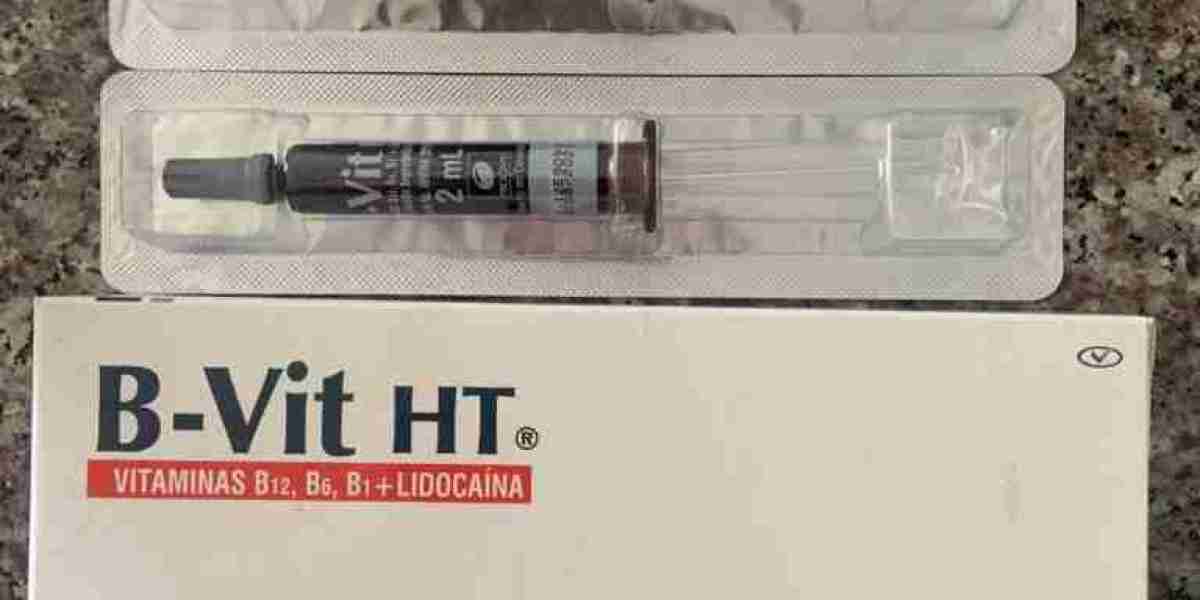Discover postsExplore captivating content and diverse perspectives on our Discover page. Uncover fresh ideas and engage in meaningful conversations
Traditional Brigadeiros Brazilian Fudge Balls | #brigadeiro gourmet sem creme de leite
Best Brigadeiros How To Make Brigadeiros | #brigadeiro gourmet sem creme de leite
Brigadeiro Gourmet 50 Recetas EDIMAR MENDES ALVES | #brigadeiro gourmet sem creme de leite
Living Room Lighting Guide How to Light a TV Room | #lâmpada de led 12v automotivo
The 5 Best Outdoor Motion Sensor Lights The Spruce Has Tested | #lâmpada de led 12v automotivo
Traditional Brigadeiros Brazilian Fudge Balls | #brigadeiro gourmet sem creme de leite
Top 20 Common LED Light Problems and Their Fixes | #lâmpada de led 12v automotivo
12 impresionantes beneficios para la salud del té de canela | #para q sirve el romero como planta medicinal
Biotina y Keratina para el pelo Kobho Labs Envío gratis | #para q sirve el romero como planta medicinal


